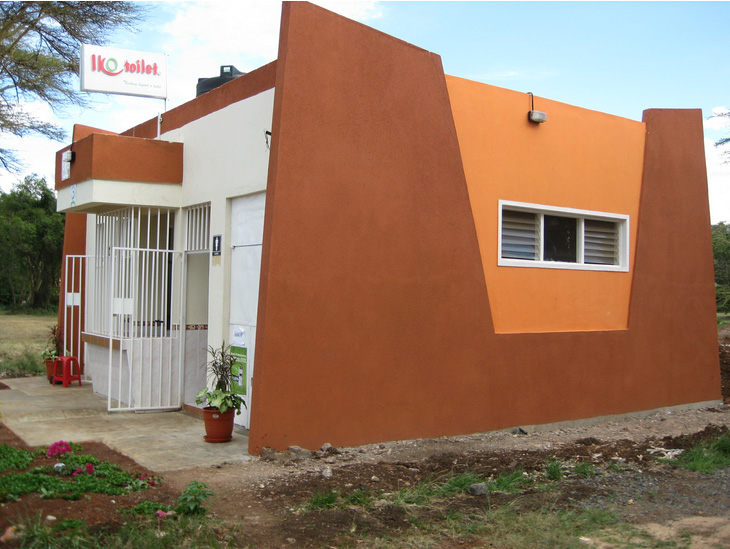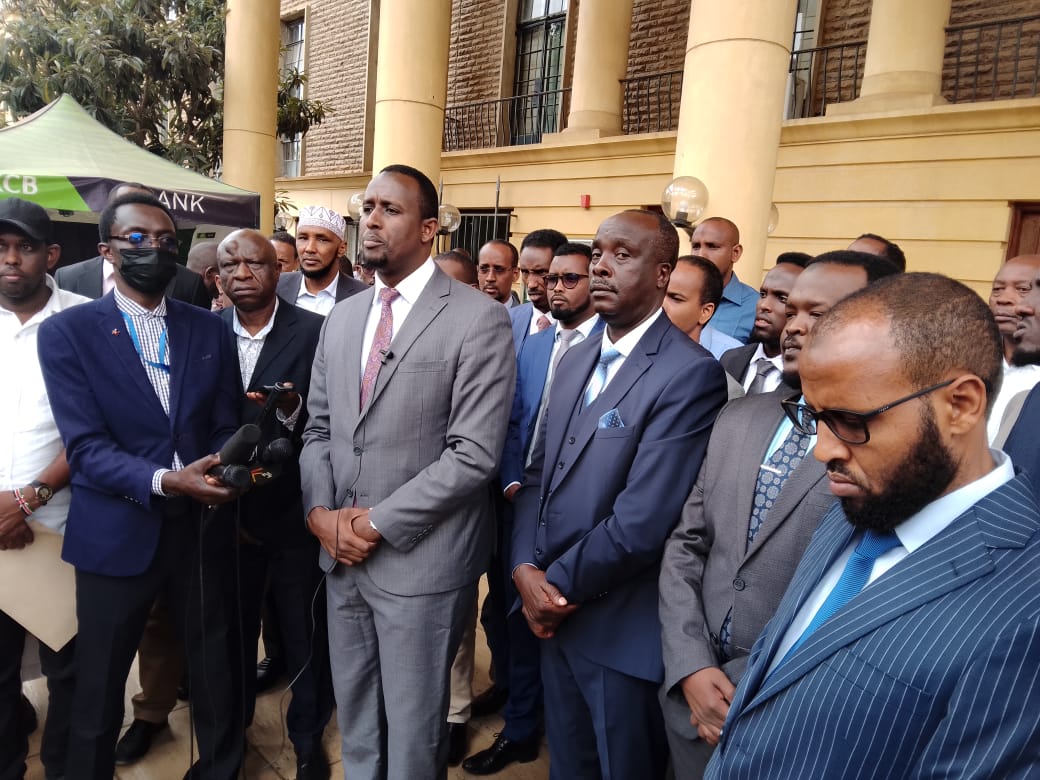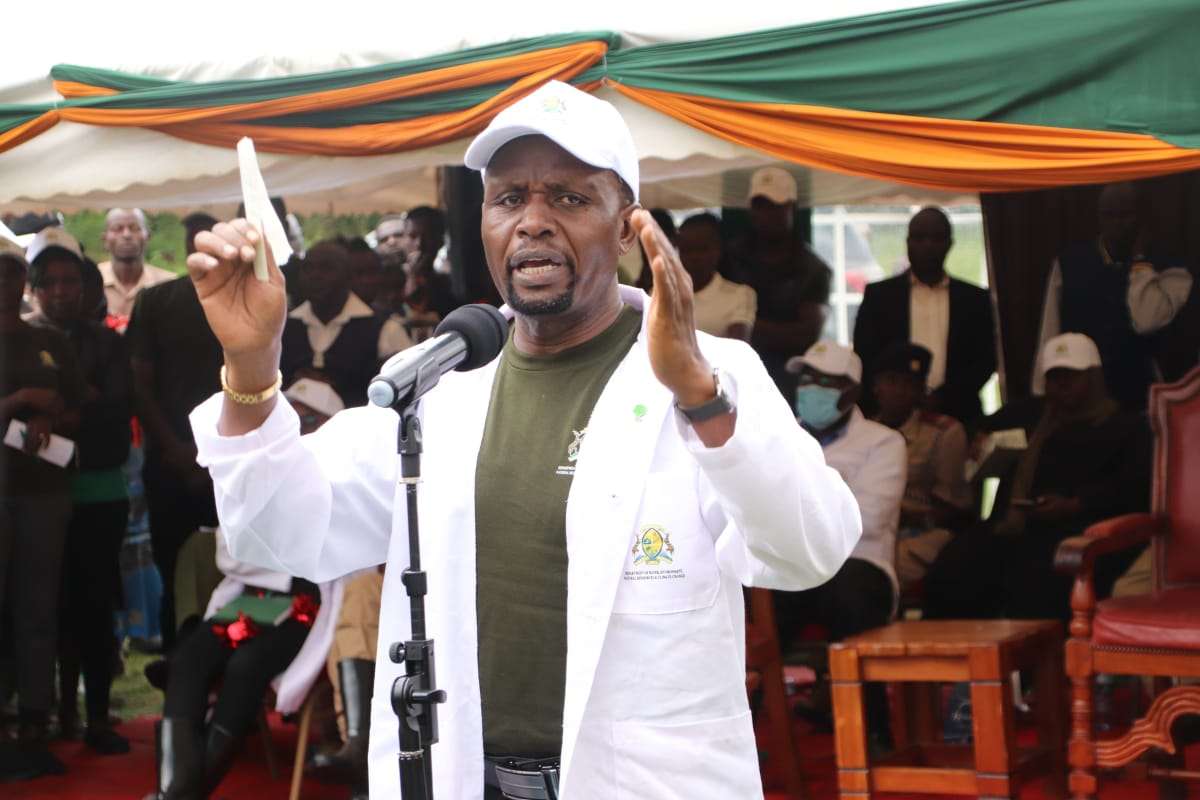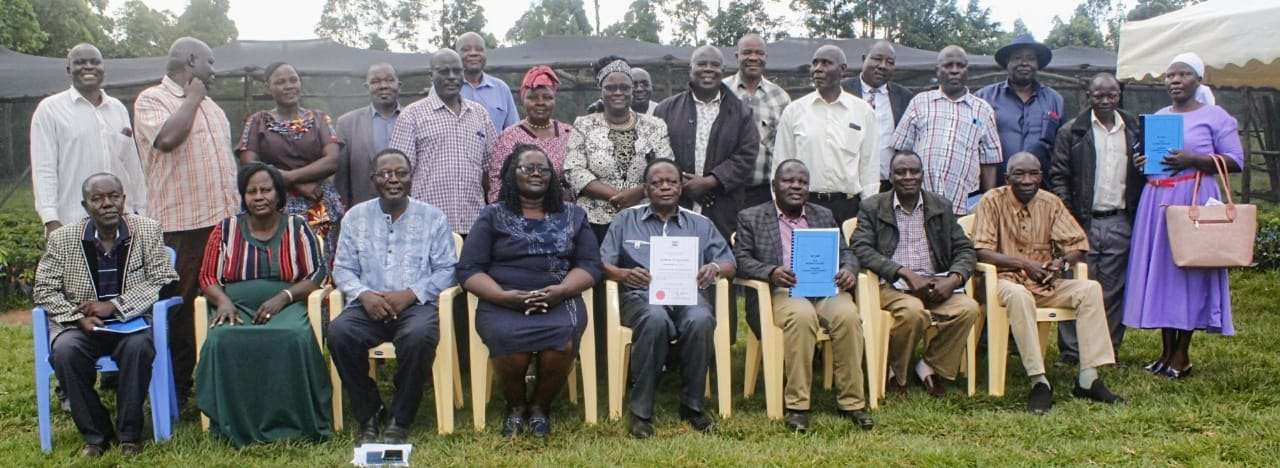For the past two weeks, Nairobi residents who rely on public washrooms have been forced to seek alternatives as three major city toilets remain closed due to an ongoing battle between rival groups for control. The washrooms, located at the National Archives, River Road (Coast Bus), and Koja areas, serving hundreds of people daily and charging Sh10, have been at the centre of a fierce dispute with the Nairobi County government.
A notice posted at the facilities reads, “Toilets closed temporarily by the Nairobi County,” as frustrated customers, hoping to use the restrooms, find themselves confronted by groups of young men lingering nearby, blocking access.
Traders and self-help groups in the city centre explain that tenders for managing the toilets were announced in early December, with a deadline that was later extended. “The County made another announcement that the tender had been extended for another 10 days, meaning it was supposed to lapse around December 19, 2024,” said Kimani Waiganjo, a member of one of the self-help groups. “Around 60 self-help groups had applied to manage the toilets, and one of the requirements was to indicate the amount they would make every month, but the matter did not come up again.”
It wasn’t until January 15 that the situation escalated, with police stationed outside the toilets to keep watch over violent clashes between two rival camps vying for control. “I blame the County because it is supposed to take charge and ensure that the process to award the tenders for these facilities is transparent,” another member of a self-help group remarked.
A senior county enforcement officer, who was overseeing the police presence, explained, “If we leave here, the groups who have been managing the facilities might clash badly, as we’ve seen, and lives might be lost. The issues have been forwarded to the office of the governor.”
Back in September 2024, Nairobi’s Water and Sanitation Services sub-sector, led by Maureen Njeri, held a meeting with public toilet operators to address issues such as hygiene, sanitation, and the renewal of operations contracts. Njeri emphasized the need to regularize the management of public toilets to improve services, particularly in terms of hygiene.
The toilets, which had been neglected for years, became hotspots for criminal activity and shelters for street families until they were refurbished and put under private management by organized self-help groups. These groups continue to fight over control due to the millions at stake. Despite the availability of facilities, they are insufficient, and many people are forced to use hotel and bar restrooms that allow public access.
The ongoing conflict, especially in the CBD, underscores the high stakes involved. During one recent confrontation, a rival group backed by politicians attempted to oust the self-help group, claiming the right to manage the toilets. This was reminiscent of a proposal from former Nairobi Governor Mike Sonko in 2020, who suggested that public toilets should be free of charge.
In 2023, the Nairobi County Environment Department announced plans to build more toilets to alleviate the shortage, particularly in the CBD. They also promised to refurbish existing toilets to meet health standards. However, little progress has been made, and the struggle for control of the toilets continues unabated.





